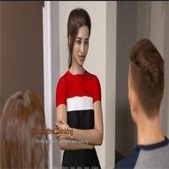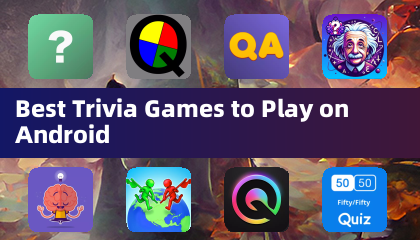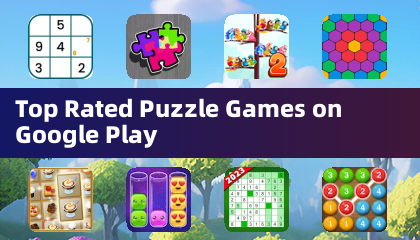It's year-end, and my Game of the Year is Balatro – a surprising choice, perhaps, but one I feel deserves discussion. Balatro, a blend of solitaire, poker, and roguelike deckbuilding, has garnered significant recognition, including Indie and Mobile Game of the Year awards. Its success, however, has also sparked confusion and even anger from some quarters. The relatively simple visuals have been contrasted with the more flashy gameplay videos of other contenders, leading to questions about its numerous accolades.
I believe this very contrast highlights why Balatro is my GOTY. Before delving deeper, here are a few honorable mentions:
Honorable Mentions:
- Vampire Survivors' Castlevania expansion: The long-awaited addition of iconic Castlevania characters is a triumph.
- Squid Game: Unleashed's free-to-play model: A potentially groundbreaking move by Netflix Games, suggesting a shift in monetization strategies.
- Watch Dogs: Truth's audio adventure release: An unexpected but intriguing choice for Ubisoft, showcasing a different approach to the Watch Dogs franchise.
My Balatro Experience:
My personal experience with Balatro has been mixed. While undeniably engaging, I haven't mastered it. The focus on optimizing deck statistics, which I find frustrating, has prevented me from completing any runs despite significant playtime. However, I consider it money well spent. It's simple, accessible, and doesn't demand extensive technical or mental resources. It's not my perfect time-waster (that title goes to Vampire Survivors), but it's a strong contender.
Balatro boasts appealing visuals and smooth gameplay. For a modest price, it offers an engaging roguelike deckbuilder that's suitable for public play. LocalThunk's ability to elevate a simple format is commendable, from the calming music to the satisfying sound effects. Its subtle yet persistent engagement is refreshing.
The "It's Just a Game" Argument:
Balatro's success has been met with bewilderment from some, similar to the reaction Astrobot received after winning Game of the Year elsewhere. Balatro's unashamedly "gamey" design—colorful, engaging, yet not overly complex or flashy—confounds those who expect high-fidelity graphics or cutting-edge technology. It's not a gacha game, nor does it push mobile gaming boundaries. To some, it's merely "a card game."
However, it's a well-executed card game that offers a fresh perspective on the genre. The true measure of a game's quality should be its gameplay, not its visual fidelity.
Substance Over Style:
Balatro's success demonstrates that multi-platform releases don't need to be massive, cross-platform, massively multiplayer experiences. A simple, well-designed game with a unique style can resonate with mobile, console, and PC players alike. While not a massive financial success, its relatively low development costs likely resulted in significant profit for LocalThunk.
Balatro proves that a game's approach can be diverse. Some players strive for optimal deck optimization, while others, like myself, enjoy it as a relaxed pastime.


In conclusion, Balatro's success reinforces a crucial point: a game doesn't need to be groundbreaking in terms of technology or complexity to be successful. Sometimes, a simple, well-executed game with its own unique style is all it takes.















